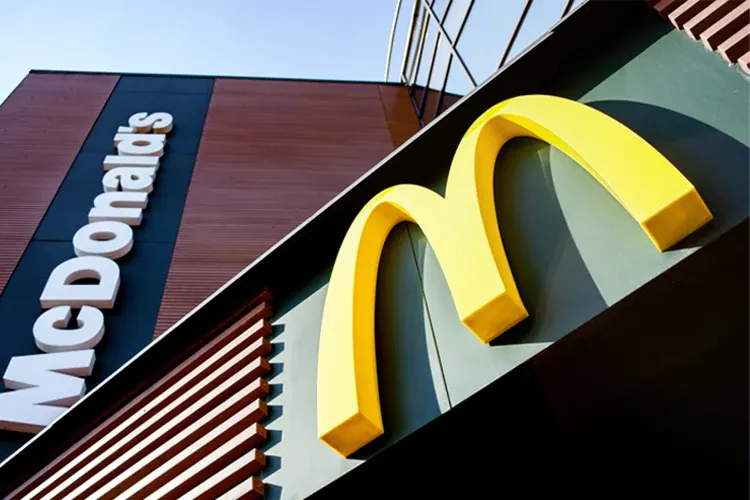McDonald’s chief executive Joe Erlinger issued an open letter to their customers last week as an increasing number of Americans find fast food to be unaffordable.
Broader inflationary pressures and diminished real wages in recent years have impacted fast food prices and rendered the meals less accessible. Erlinger said in his letter that prices at McDonald’s franchises have largely tracked with broader price level increases and rebutted several news stories claiming that the price hikes have significantly exceeded inflation.
“I fully expect the prices at your local McDonald’s to be an area of conversation and focus in the coming months,” Erlinger wrote. “As it does, I hope you’ll see the programs we’re launching nationally and locally as meaningful to you. At the same time, I hope it’s helpful to see some of the common myths that I’ve encountered, and the facts that go along with them.”
Amid the exaggerated reports, however, many Americans indeed said in a survey from LendingTree that fast food is now unaffordable to them. Some 78% of consumers now “view fast food as a luxury” because the meals are increasingly expensive, while 65% said they have been “shocked by the high price of a fast food bill in the past six months.”
“Rampant inflation has forced millions of Americans to reassess their spending habits. For many, that has meant fewer trips to the drive-thru for that burger, burrito, or spicy chicken sandwich they love, and even a change in how they perceive fast food,” the survey said.
The letter from Erlinger comes as President Joe Biden has a mere 34% approval rating for the economy and a 29% approval rating on inflation. The poll noted that “voters say economic concerns are more important to them when choosing a candidate” relative to the last two election cycles: some 65% of voters presently call the economy “extremely important” in determining their vote, a sentiment shared by 40% of voters in 2020 and 46% of voters in 2016.
Biden administration officials have consistently downplayed the severity of price level increases over the past several years, repeatedly claiming credit for marginally lower inflation readings from month to month while overlooking the low rates of inflation at the start of his term.



